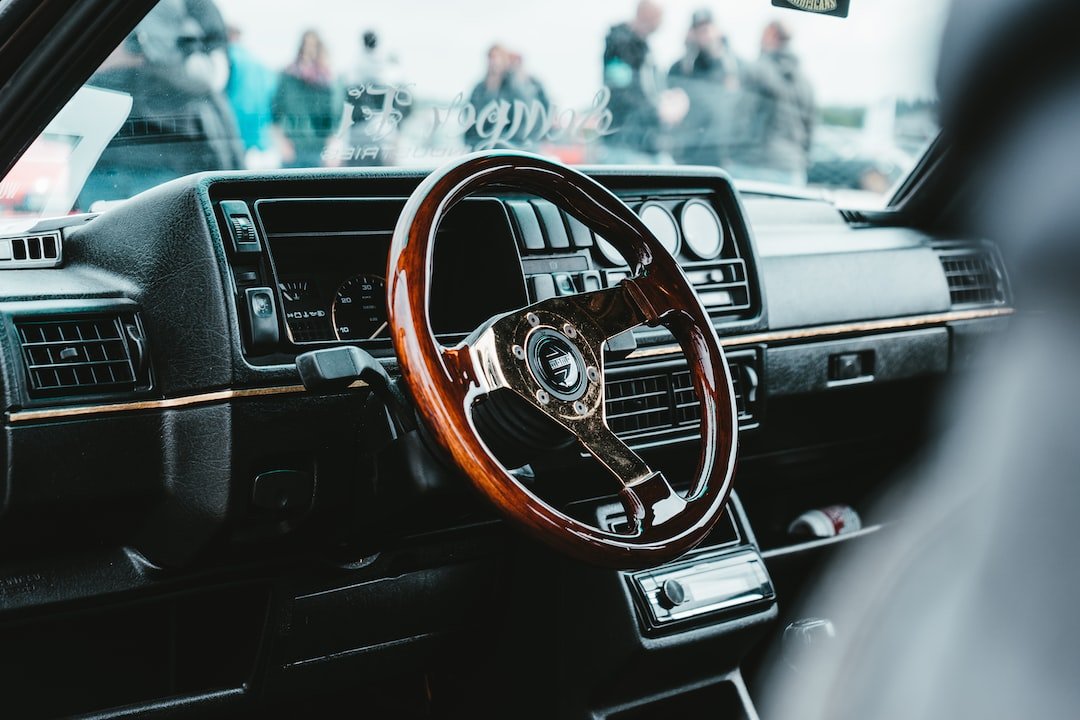Classic vs. Modern Cars: Which Is the Better Investment?
For many car enthusiasts and collectors, the allure of classic cars is undeniable. The thought of owning a vintage vehicle with a rich history and unique design can be incredibly captivating. However, in recent years, modern cars have become increasingly sought after. With their cutting-edge technology and enhanced performance, they offer a significant appeal to consumers. But when it comes to making a long-term investment, which is the better choice?
Classic cars are often viewed as a safer investment due to their historical significance and limited supply. Vintage vehicles are typically considered to be those manufactured between the 1920s and 1980s, and they carry a certain level of cachet in the automotive world. These cars are known for their timeless design, craftsmanship, and exclusivity. They represent a bygone era and are often associated with a sense of nostalgia and romance.
One of the key advantages of investing in a classic car is its potential for appreciation. Values of certain classic cars have skyrocketed over the years, making them a lucrative investment option for collectors. However, it is important to note that not all classic cars will appreciate in value. Factors such as rarity, condition, and historical significance play a crucial role in determining a vehicle’s value. Classic cars with limited production numbers or those associated with significant events or celebrities tend to hold their value better over time.
Another advantage of classic cars is their timeless appeal. Unlike modern vehicles, which can quickly become outdated, classic cars possess a certain charm that remains unaffected by changing trends. Their design and craftsmanship are often considered works of art, and they can capture the imagination of car enthusiasts from different generations. This timeless appeal can contribute to the long-term value of classic cars as they continue to be coveted by collectors and enthusiasts around the world.
However, despite their allure, classic cars do come with some downsides as investments. They require careful maintenance and restoration, which can be both time-consuming and costly. Finding replacement parts for vintage vehicles can be a challenge, as many original parts are no longer in production. Moreover, classic cars tend to be less fuel-efficient, less powerful, and less technologically advanced compared to their modern counterparts.
On the other hand, modern cars offer several advantages as investments. With the rapid advancements in technology, modern vehicles come equipped with the latest safety features, fuel-efficient engines, and cutting-edge infotainment systems. These technological advancements not only enhance the driving experience but also contribute to the overall value of the car. Modern cars also tend to require less maintenance and offer better reliability compared to classic cars.
Moreover, new cars come with warranties and guarantees provided by manufacturers, providing consumers with peace of mind. This can be especially beneficial for those looking to use their vehicle as a daily driver or for commercial purposes. The availability of spare parts is also relatively easier for modern cars, as manufacturers continue to produce them for several years after the vehicle’s production cycle ends.
However, modern cars have certain disadvantages as investments as well. The rapid depreciation that occurs soon after the purchase is a significant drawback. According to studies, a new car can lose up to 20% of its value within the first year of ownership. In comparison, classic cars tend to appreciate in value over time, making them more attractive from an investment perspective.
In conclusion, the decision between investing in a classic car or a modern car depends on various factors, including personal preferences, financial goals, and intended use. Classic cars offer a timeless appeal, exclusivity, and potential for appreciation, but require careful maintenance and restoration. Modern cars, on the other hand, offer advanced technology, reliability, and convenience, but suffer from rapid depreciation. Ultimately, the best choice is a matter of individual priorities and considerations. Whether it’s the nostalgia and artistic craftsmanship of a classic or the technological innovations and convenience of a modern vehicle, both have their own unique charm for avid car enthusiasts and investors alike.

